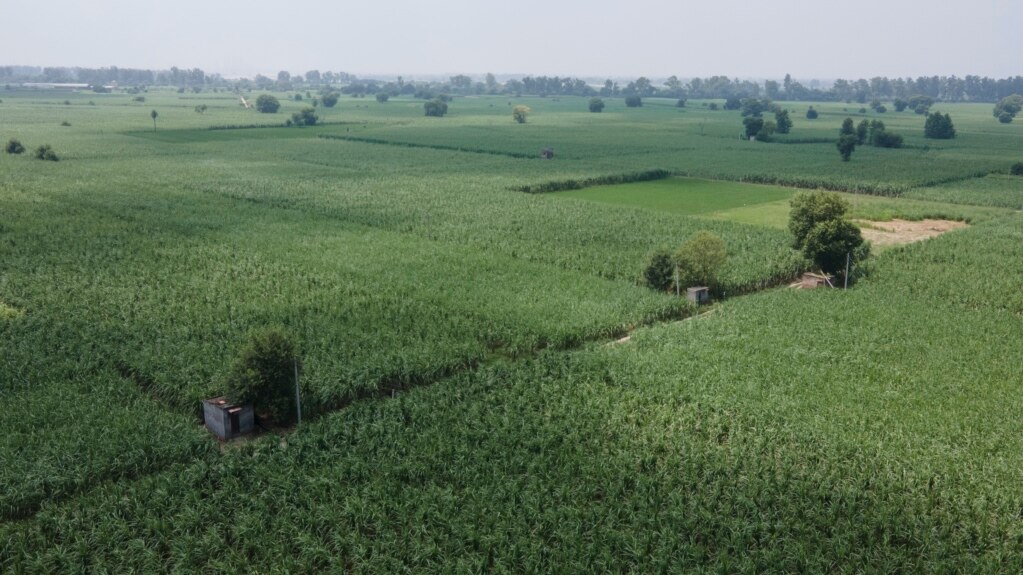India has proposed an alliance to speed up the development of biofuels to support energy transition worldwide.
Biofuel is a kind of fuel produced from agricultural products or organic waste.
India plans to announce the alliance at the G-20 gathering in New Delhi. It is expected that more than 15 countries will sign up to be part of the alliance. The United States, Canada, and Brazil are among a few of the countries expected to join India in such an alliance.
What are biofuels?
Humans have used biofuels since ancient times. For example, humans burn wood and animal waste for cooking, heating, and light. They have gained popularity in recent years for their possibility to deliver cleaner energy than some other sources.
Biofuels are grouped based on their source. Each group is known as a “generation.” First-generation biofuels come from food crops like corn and sugar cane. Second generation come from non-food crops and agricultural waste. And third-generation come from small plants called algae.
Ethanol, biodiesel, and biogas are popular kinds of biofuels. They can be produced from any of these sources and are grouped based on the source from which they are produced. For example, ethanol produced from farm-grown corn is grouped as first-generation ethanol.
Are biofuels always a source of clean energy?
Biofuels are not always a clean source of energy. But it depends on how it is produced. A biofuel made from waste, for example, with renewable energy to power the production, would have little or no greenhouse gas production, making it a clean fuel. But when crops are grown to just produce biofuels, the fertilizer and nonrenewable fuels needed to produce the fuel make it much less clean.
“If you look at the full life cycle of producing biofuels, it’s many times not clean,” said Lydia Powell. She is an energy policy researcher at the New Delhi-based Observer Research Foundation. She has followed developments related to biofuels for over 20 years.
Biofuels can also mean land that could have produced food is being used for energy. They can add to deforestation when land is cleared for their production.
Powell noted Europe’s imports of plant-based palm oil from Indonesia and other East Asian countries to make biodiesel for cars and trucks. Those imports greatly fell after the European Union banned the sale of palm oil and other palm-based products when they could be linked to deforestation.
“They were destroying natural forests to plant palm trees so you produce oil to export to Europe. When you destroy forests, you destroy large chunks of carbon sinks,” Powell said.
Those problems have led to debates about exactly how sustainable biofuels are.
What are biofuels used for?
Biofuels are often used for transportation of people and products.
Experts say once they are made, biofuels produce little to no greenhouse gases when used. The same cannot be said with the fossil fuels they are mixed with.
But there is a hope that biofuels might completely replace fossil fuels to power airplanes and ships.
“They are one option among a larger set of solutions,” said Jane O’Malley of International Council on Clean Transportation, a Washington-based independent nonprofit.
O’Malley said it is important to use the right kind of biofuel for the right purpose. She said it is important for countries using biofuels to move as quickly as possible to produce them with little to no greenhouse gas production.
I’m Gregory Stachel.

